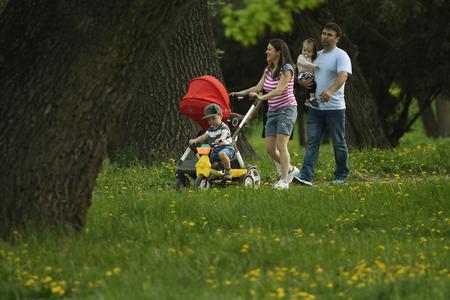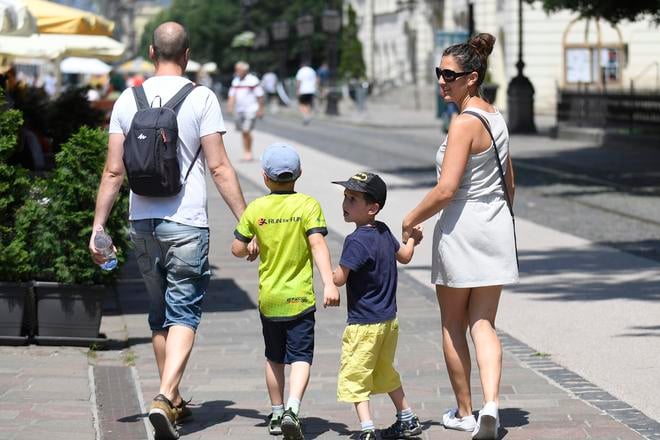When a survey recently ranked Slovakia the second best country to have a family, it made many parents raise their eyebrows. In fact, a closer look reveals the many obstacles that young families have to deal with in their daily life.
Sociologist Roman Džambazovič from the Department of Sociology at Comenius University agrees that family and parenthood are highly valued in Slovakia, which makes raising children easier.
“Family has a very important position in Slovak society,” Džambazovič told The Slovak Spectator.
There are strong bonds within families and intergenerational solidarity. Being a mother is an important part of a woman's identity, he added. Almost two-thirds of the Slovak population (69.4 percent of women and 58.5 percent of men) hold the view that women must have children to have a fulfilling life, based on data collected in autumn of 2017 by the Institute for Sociology of the Slovak Academy of Science.

Hard access to living
But when it comes to family and social policies, Slovakia is hardly a perfect place for parents with young children, according to Džambazovič.
To start a family, young people need to have some essential prerequisities, first and foremost their own place for living.
“Young people are often pressured to remain in their parents’ house,” Džambazovič said.
Eurostat statistics show that Slovaks fly the nest at nearly 31 years of age.
Nurseries are scarce
Another factor is matching career and family. For that, parents would need enough nursery schools and also special conditions from employers, such as flexible working time, home office and others, according to Džambazovič.



 Illustrative Stock Photo (source: František Iván, TASR)
Illustrative Stock Photo (source: František Iván, TASR)